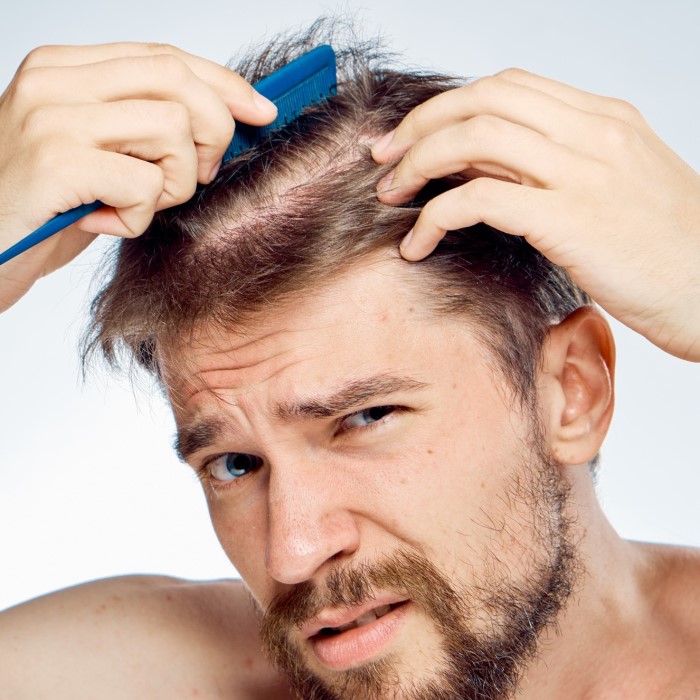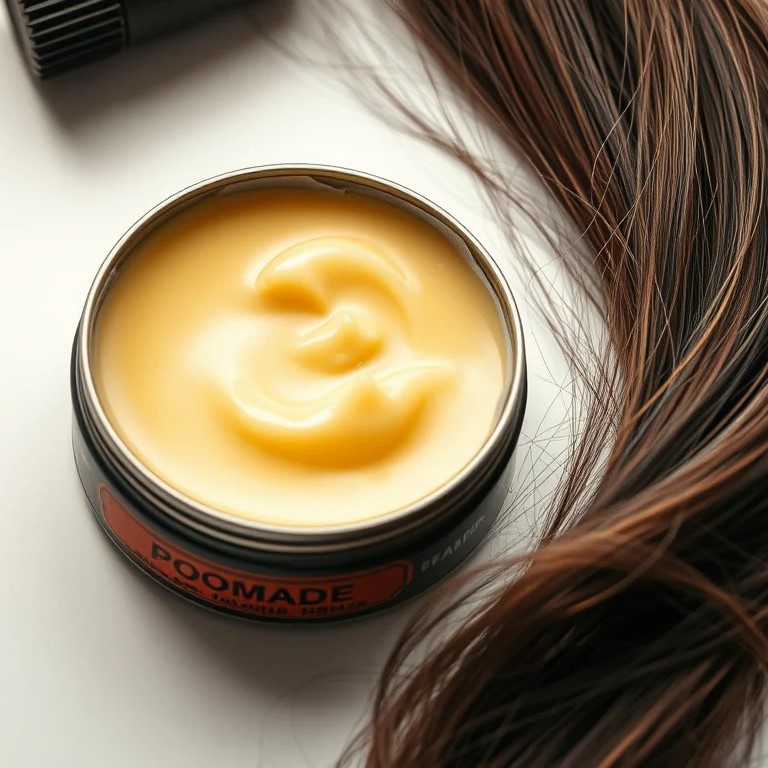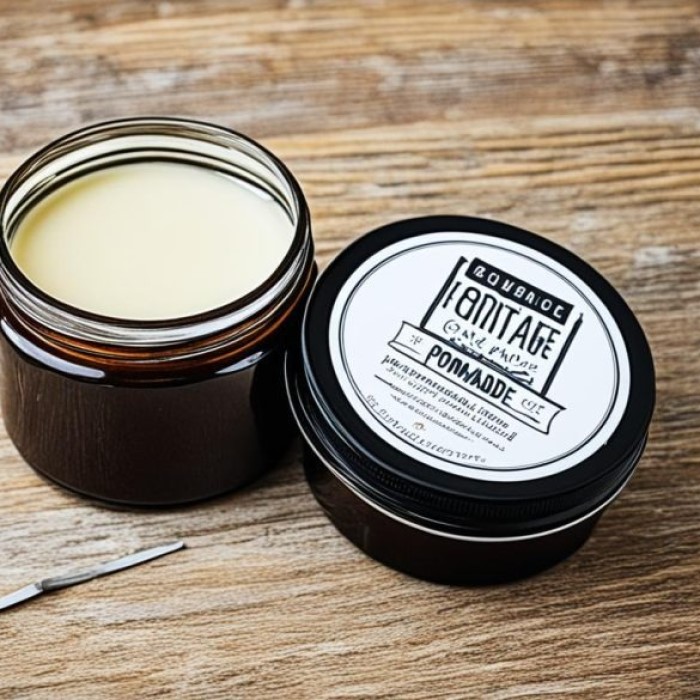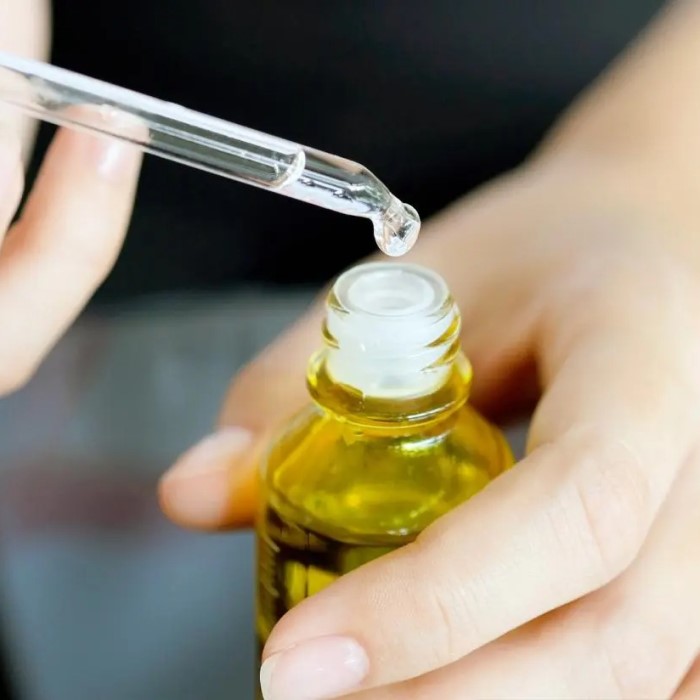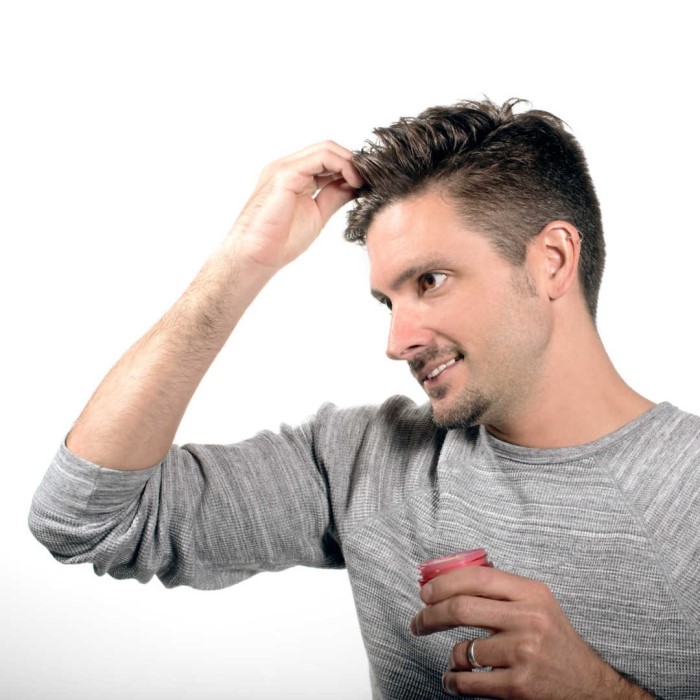
Does Pomade Cause Hair Loss? Expert Insights and Solutions
Introduction
The question “does pomade cause hair loss?” has raised significant concerns among those invested in hair care. With the increasing popularity of pomades for styling, many users have wondered whether using these products could be detrimental to their hair health. Understanding the ingredients in pomade, how they interact with hair, and what science says is crucial for anyone concerned about their locks. This article aims to shed light on this topic, drawing from expert insights and offering solutions for healthier hair.
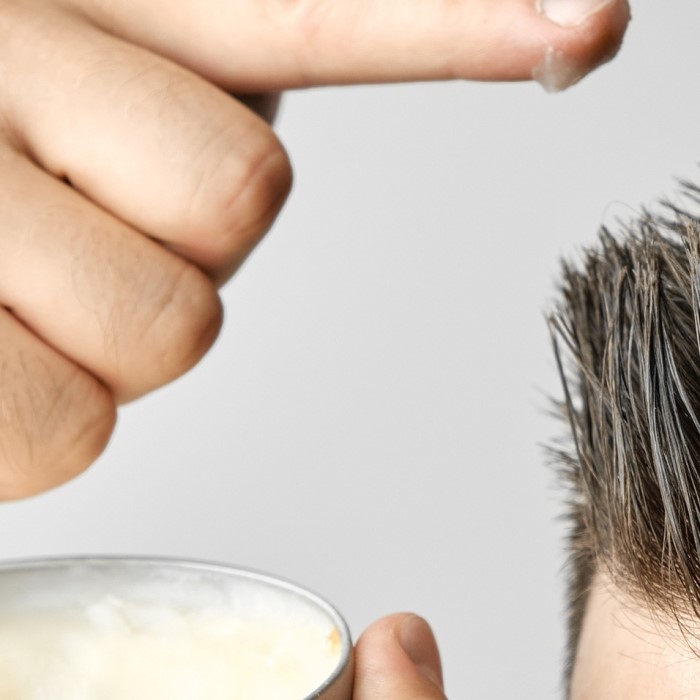
What is Pomade?
Pomade is a hairstyling product used to achieve various hair looks. It provides hold, shine, and manageability to styles. Pomades are popular for slicked-back hairstyles, pompadours, and textured looks. Unlike hair sprays or gels, pomades typically don’t dry out or stiffen hair. They allow flexibility for restyling throughout the day.
Types of Pomades
There are several types of pomades available:
- Oil-Based Pomade: Made with petroleum or other oils. Offers strong hold and shine. Can be difficult to wash out.
- Water-Based Pomade: Easier to rinse out and less greasy. Provides hold and shine similar to oil-based options.
- Clay Pomade: Contains clay for a matte finish and texture. Often provides medium to strong hold.
- Wax Pomade: Includes wax for a firm hold and lightweight finish. Suitable for more natural looks.
- Gel Pomade: Offers strong hold and shine like gel. Works well on all hair types.
Each type suits different hair textures, styles, and preferences. Choose a pomade based on your styling needs.
Common Ingredients in Pomades
Pomades contain various ingredients. Common ones include:
- Petroleum Jelly: Found in oil-based pomades. Provides slick texture and long-lasting hold.
- Mineral Oil: Adds moisture and shine to hair.
- Lanolin: An emollient that softens hair and scalp.
- Beeswax: Used for firm hold and shape.
- Kaolin Clay: Adds texture and creates a matte finish.
- Silicon-Based Polymers: Contribute to smooth application and added shine.
- Fragrances: Provide a pleasant scent.
Understanding pomade types and ingredients helps in choosing suitable products. Proper knowledge ensures safe and effective use while maintaining hair health.
How Pomade Interacts with Hair and Scalp
Does pomade cause hair loss? Pomade can significantly affect both the hair and scalp. Its ingredients influence moisture, texture, and overall appearance. However, regular or excessive use may impact the scalp’s health and hair growth. Understanding how pomade interacts with the scalp and hair helps in using it safely.
Effects of Excessive Pomade Use
Using too much pomade can lead to several negative effects:
- Build-Up on Scalp: Excessive pomade can accumulate, causing greasy residue on the scalp.
- Blocked Pores: The build-up leads to clogged pores, restricting the scalp’s ability to breathe and function.
- Weakened Hair Roots: The build-up can weaken hair roots, possibly contributing to early hair breakage.
- Irritation and Infections: Heavier usage might irritate the scalp and increase the risk of fungal infections.
These effects are avoidable with proper usage and regular cleaning of the scalp. Excessive product should always be washed thoroughly to maintain hair and scalp health.
Can Pomade Block Hair Follicles?
Pomade, especially oil-based types, can potentially block hair follicles. This happens when products are not washed off properly. Blocked hair follicles hinder the hair’s natural growth process and may cause conditions like folliculitis. Greasy pomade products, due to petroleum or wax, are more prone to causing blockage compared to water-based types.
Regular washing of hair with a good clarifying shampoo is essential. This helps in removing any residue and keeping follicles clear. Adjust usage amounts based on your scalp type to reduce risks. Proper maintenance ensures pomade use remains harmless.
Myths vs Facts: Pomade and Hair Loss
Does pomade cause hair loss? Understanding the relationship between pomade and hair loss requires separating myths from scientific facts. Misinformation often leads to unnecessary worries. Here, we debunk the myths and share evidence-backed details.
Scientific Studies on Pomade and Hair Loss
Research on pomade and hair loss presents mixed results. Studies show pomade does not directly cause hair loss. However, misuse or excessive application may lead to scalp issues.
- Blocked Hair Follicles: Some formulations, especially oil-based pomades, may block hair follicles if not washed properly.
- Scalp Irritation: Ingredients like petroleum and fragrance may irritate sensitive scalps in certain individuals.
- Hair Weakening: Chemical build-up from prolonged pomade use might weaken hair roots.
In contrast, pomades designed with nourishing ingredients often improve texture, shine, and overall hair manageability. Washing hair regularly and choosing appropriate products minimizes risks.
Scientific evidence suggests that hair loss is more influenced by genetics and lifestyle than hairstyling products like pomade. No proof directly associates pomade use with permanent hair loss.
Misconceptions about Pomade Usage
Several misconceptions fuel the idea that pomade causes hair loss. Common myths include:
- Pomade Completely Blocks Growth: Only improper washing or excessive application might temporarily clog follicles, not hinder growth permanently.
- Every Pomade is Harmful: Not all pomades are damaging. Many include hair-healthy ingredients like beeswax and lanolin.
- Pomades Cause Baldness: Hair loss is rarely caused by products. Genetics and health play bigger roles.
Clarifying such misconceptions is crucial for informed hair care choices. Proper usage and regular cleansing minimize risks while maximizing benefits.
In conclusion, pomade itself isn’t the villain behind hair loss. Understanding scientific findings and dispelling myths ensures its safe and effective use.
Factors Contributing to Hair Loss
Hair loss occurs due to multiple reasons beyond hairstyling products like pomade. These factors affect individuals differently, depending on their genetics, lifestyle, and overall hair care practices.
Genetics and Hair Loss
Genetics play the biggest role in hair loss. Hereditary hair loss, known as androgenetic alopecia, is common in both men and women. If your family has a history of thinning hair or baldness, you are more likely to experience it too. Hair follicles affected by genetics tend to shrink over time and produce thinner hair strands, eventually stopping new hair growth. Genetic hair loss often begins gradually and progresses as you age.
While genetic factors cannot be changed, treatments like medications or therapies can help slow hair loss. Consulting a dermatologist can provide better insights into managing hereditary hair issues effectively.
Lifestyle and Hair Care Practices
Lifestyle choices and hair care habits significantly impact your hair’s health. Practices like poor diet, stress, and exposure to harsh chemicals can weaken hair and hinder growth. Below are some common lifestyle factors contributing to hair loss:
- Unbalanced Diet: Nutrient deficiencies, especially lack of protein, iron, and vitamins, affect hair strength and growth.
- Stress Levels: High stress can lead to hair conditions like telogen effluvium, causing temporary shedding.
- Improper Hair Care: Overstyling, excessive shampooing, or heat treatments damage hair, leading to breakage.
Besides, external conditions such as pollution and UV exposure can make hair brittle or prone to loss. Adopting healthy habits like eating balanced meals, managing stress, and protecting hair from environmental damage can reduce the impact of lifestyle-related hair loss.
Understanding these factors is crucial to managing hair loss effectively. While pomade doesn’t directly cause permanent hair loss, external and genetic factors play a more significant role.
How to Use Pomade Safely
Using pomade safely requires understanding its application and maintaining healthy hair practices. It is crucial to use pomade in moderation and choose the type best suited for your hair type. Proper application techniques can significantly reduce the risks of scalp issues and hair damage.
Proper Application Techniques
- Start with Clean Hair: Always apply pomade to freshly washed hair. This prevents product build-up.
- Take Small Amounts: Use a pea-sized amount first. Add more only if required for styling.
- Warm It Up: Rub pomade between your palms to spread it evenly before applying.
- Focus on Hair, Not Scalp: Apply the product along hair strands. Avoid rubbing it into the scalp.
- Style Gently: Use fingers or a comb to achieve the desired look without putting stress on hair.
- Use a Clarifying Shampoo: Wash your hair thoroughly to remove product residue and keep follicles clean.
Adhering to these application methods ensures effective styling without risking hair health. Moderation is key, especially for oil- or wax-based pomades that are harder to remove.
Recommended Alternatives for Healthy Hair
If pomade doesn’t suit your hair type or causes issues, consider alternatives:
Lightweight Hair Creams
Lightweight hair creams are an excellent choice for those looking for a styling solution that offers mild hold without weighing the hair down. These products are designed to provide a light, flexible hold, making them ideal for creating natural-looking hairstyles. Since they have a lighter consistency, they are also much easier to rinse off compared to heavier pomades or gels. This means that you can enjoy styling your hair without the worry of product buildup, which can occur with more traditional styling products. Additionally, lightweight hair creams often contain moisturizing ingredients that help maintain hair’s hydration, making them suitable for everyday use.
Hair Serums
Hair serums are particularly effective for combating frizz while providing a sleek finish to your hairstyle. These smoothing products typically contain silicone-based ingredients that coat the hair shaft, helping to control unruly strands and enhance shine. Applying a small amount of serum can significantly improve the appearance of your hair, creating a polished look while preventing humidity from affecting your style. Moreover, hair serums can help protect hair from heat damage when styling, making them a versatile addition to any hair care routine. Using hair serums regularly can result in healthier-looking locks that feel soft and manageable.
Natural Oils
Natural oils, such as argan oil and jojoba oil, are exceptional options for nourishing and managing hair. These oils are lightweight and do not leave behind a greasy residue, making them ideal for everyday use. Argan oil is rich in essential fatty acids and antioxidants, promoting moisture retention and providing a natural shine. Jojoba oil, on the other hand, closely resembles the natural oils produced by the scalp, allowing it to effectively moisturize without causing buildup. Incorporating natural oils into your hair care routine not only helps manage frizz and dryness but also promotes overall hair health, ensuring it remains strong and vibrant.
Texturizing Sprays
Texturizing sprays are perfect for achieving volume and texture without relying on heavy products. These sprays typically contain a light formula that allows users to add body to their hair while maintaining a breathable feel. They are especially useful for creating beachy waves or enhancing natural curl patterns. Unlike traditional styling creams or gels, texturizing sprays provide a more effortless texture, making them versatile for various hairstyles. Additionally, they can be used on dry or damp hair, giving you the flexibility to style your locks whenever you want. By using a texturizing spray, you can enjoy full-bodied hair that looks effortlessly stylish without the weight of heavy products.
Using balanced and lightweight alternatives can maintain hair health while achieving a styled look. Be mindful of your scalp’s needs and change products if irritation occurs.
Safeguard your hair by using pomade wisely and exploring healthier styling options. A clean and hydrated scalp promotes long-lasting hair health.
Tips for Maintaining Healthy Hair
Maintaining healthy hair requires consistent care and attention. Following the right practices can keep hair strong, shiny, and resilient against damage. By focusing on the choice of products and regular routines, you can protect your hair from potential harm.
Choosing the Right Hair Products
Selecting suitable products is critical to hair health. The right products will nourish and protect your hair.
- Know Your Hair Type: Understand if your hair is oily, dry, or curly before choosing products.
- Avoid Harsh Chemicals: Stay away from products with sulfates, parabens, or alcohol-based ingredients.
- Moisturizing Options: Use shampoos and conditioners rich in hydrating ingredients like aloe vera or glycerin.
- Natural Oils: Look for products containing argan oil, jojoba oil, or coconut oil for nourishment.
- UV Protection: Use sprays or serums with UV-blocking properties to prevent sun damage.
Choose pomades or other styling products based on your hair needs. For instance, water-based pomades are easier to wash out and less greasy than oil-based options. Always read ingredient labels to minimize risks to scalp and hair health.
Establishing a Hair Care Routine
A balanced routine keeps your hair manageable and reduces issues like dryness or brittleness. Follow these steps:
- Wash Regularly but Not Excessively: Wash your hair 2-3 times a week to avoid over-drying the scalp.
- Use Lukewarm Water: Hot water strips the scalp of natural oils. Use lukewarm water for washing.
- Condition Properly: Apply conditioner from mid-length to ends, avoiding the scalp.
- Brush with Care: Use a wide-toothed comb to detangle gently, starting from the ends.
- Avoid Heat Styling: Minimize use of curling irons, straighteners, or blow dryers to prevent heat damage.
- Protect While Sleeping: Use a satin or silk pillowcase to prevent friction and breakage.
Incorporating these habits into your hair care routine promotes long-term health and resilience. Adjust the routine to your personal needs and environment for best results. Healthy hair starts with informed choices and consistent care.
Conclusion
So, does pomade cause hair loss? While pomade can contribute to potential hair issues if used improperly, it is not inherently harmful. Educating yourself about pomade, its ingredients, and proper usage is essential for maintaining healthy hair. By choosing the right products and practicing good scalp hygiene, you can enjoy the styling benefits of pomade without adverse effects.
In summary, creating a routine that incorporates responsible use of pomade, regular cleansing, and scalp care can preserve your hair’s health. As with any hair care practice, balance, moderation, and awareness are keys to success. By applying these expert insights and solutions, you can confidently navigate the world of pomade while keeping the health of your hair a top priority.
